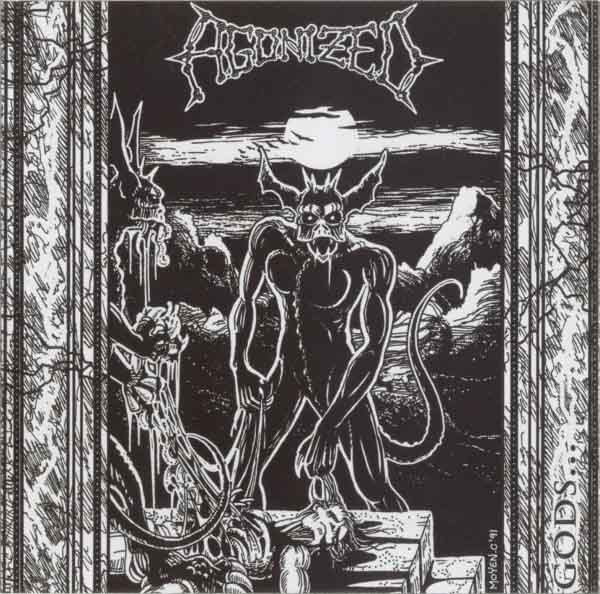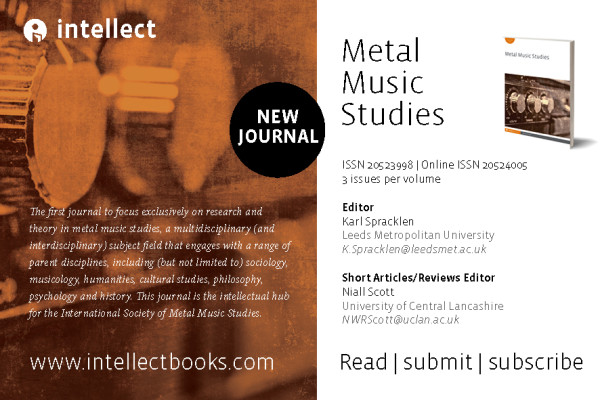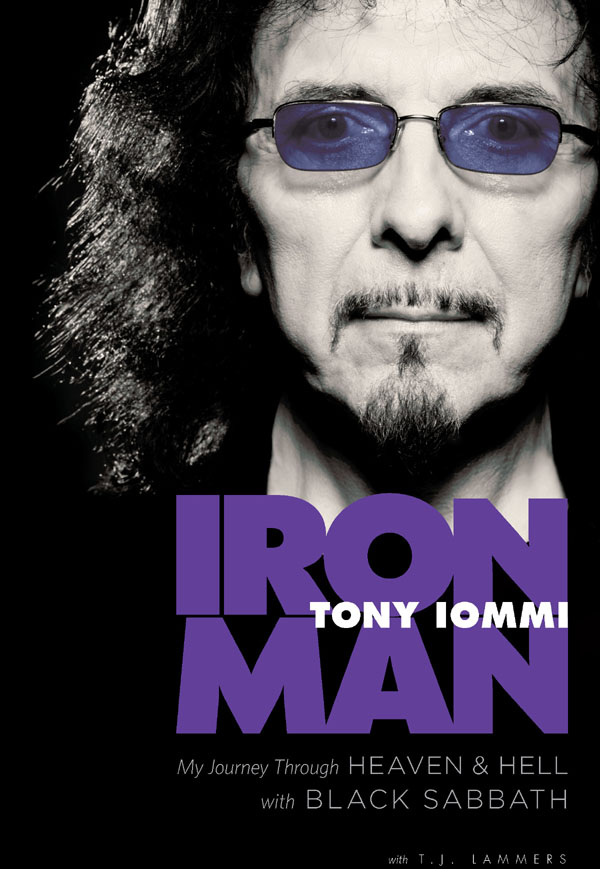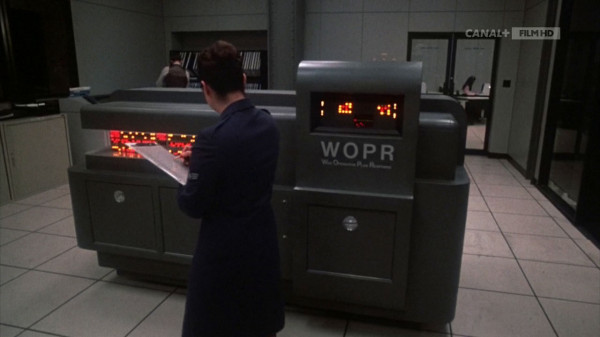
Finnish band Agonized got the break last year that they wanted two decades ago: a horde of people interested in their only demo, “Gods…,” which was subsequently and sequentially released on CD-R, vinyl, CD and tape.
Created in the old school style of primitive rumbling death metal somewhere between Belial and Demigod, “Gods…” comprised four tracks (and an intro) of disturbing inhuman noise shaped into musical form. Since metal has not produced any style more compelling than old school death metal, interest in such material has accelerated over the recent years.
We were fortunate to get in a few words with Jari from Agonized about “Gods…” and the circumstances of its creation, and how and why it endures today…
Was there a “Finnish sound” to death metal, or multiple Finnish sounds? It seems to be popular to group bands like Funebre, Demilich, Xysma, and Demigod together and proclaim a similarity to them. Does this sound exist? Is Agonized part of the group that uses this sound?
I think there was. There was a similar sound to bands of that era. Like there was, or still is “Swedish sound.” It might be pure coincidence that bands played like that. In our case, we listened to Xysma, Abhorrence and Disgrace in 90s so those really had a big influence on our music. Of course every band sounded like their own style, doing their own mix of influences through the “Finnish” filter. You simply cannot say all Finnish bands sounded the same. They just had some Finnish trademark on their sound. I cannot define that better. I am not a musician haha.
What drew you personally to death metal back in the late 80s and early 90s? Did you have any connection to metal before death metal? Do you know if the other members of Agonized had a similar experience?
Three of us grew up together. Me, Janne (bass) and Mauno (drums) were childhood friends and have known each other since we were something like seven years old. We started like any other young kid those days. First there was Iron Maiden, W.A.S.P. and Kiss. I remember I bought my first W.A.S.P. record when I was ten years old. After that we just tried to find more and more extreme and heavy stuff. Then we started to find out heavier stuff like Slayer, Bathory and Destruction to name a few. I think this has been the way many of today’s death metal fans have started. Also I had some sort of punk era in between.
After Napalm Death released From Enslavement to Obliteration we read about them from Finnish music magazines and were like, “Whoa, that must be some cool shit.” At that time only way to get your hands on Napalm Death records was to travel to Helsinki from Lahti by train and buy them.
When I found that Napalm Death LP in Helsinki, at the same time I saw Carcass’s Reek of Putrefaction LP and Bolt Thrower Realm of Chaos. When I got home from Helsinki and put on the first notes of the Napalm Death LP, I could say my head exploded. What an absolute annihilation after listening years of thrash and speed metal. After that I got into the next LP, Carcass… yeah, right… Another deadly hit. Rest is history. I have never survived that actually. So I am still on that road.
When did Agonized form, and what were your inspirations and influences at that time? Did you have any non-musical influences, like literature or other forms of art or culture?
Agonized was formed in 1990 if I remember correctly. Janne, Mauno and I wanted to play some death metal after hardcore/grind experiments but it was really hard to find anyone skilled enough to play guitars. We put an advert on a Finnish music magazine that we are searching some guitarists to play death metal. We got contacted by two dudes (Antti and Mika) from Vantaa and went to see if it would work out. We had a nice playing session and everyone thought let’s play something together. We gathered few times, in Vantaa and Lahti, to play together.
As we were arranging concerts in Lahti for underground bands we played few shows on those events. Agonized had big influences from Bolt Thrower, Carcass and Xysma. Those must have been the most influential bands on Agonized, at least for me. I don’t remember any non-musical influences. No, I don’t think there was any non-musical influences. Agonized was mostly for just having fun playing the music we wanted to hear.
The band put out one demo, “Gods…” Can you tell us how this demo came about? When did you write the songs, and how did you record it?
After few shows we decided to record those tracks we played to tape. Songs on this tape are all Agonized ever managed to come by. Our shows contained only those tracks and I remember we played those twice to play even a decent length of set. All songs was born at those rehearsals we had together. We just started playing and decided that “hey, that sounded cool” and continued to another one.
“Gods…” was recorded in a local studio, we got two or three hours of free use of it with the guy who mixes the tape. Guy behind the desk did not have any idea what to do with this kind of music. I doubt he had never even mixed any metal band. We just listened the results and said “do this, do that…”. Guitars and drums were recorded first. After that we recorded vocals and last bass. Janne had some issues in his life and did not manage to recording session, so Mika played also bass on “Gods…”
Whole thing was ready in those two or three hours we got to be in the studio for free. We could have done it better with more, but were totally broke as we were just a bunch of kids who spent all their money the previous evening getting wasted. So we had to accept the fact that we did not have any money for more studio time.
Apparently the band members went separate ways after the recording of this demo. Do you know why this was? Did you personally want to keep going as Agonized?
After recording, I remember some got bored playing death metal and wanted to play something else. I myself was bored with my whole life and started some sort of seven year period of self destruction with substance abuse and techno haha. So I kind of departed from the whole scene to a completely different world. Couldn’t care less about Agonized or the whole scene. Of course I still listened to some bands but was completely away from the scene for years.
Looking back, what do you think of the demo, and the potential that the band had?
I have always thought it is a good demo. Still we could have done it better. But maybe if we would have done it with more time, it might have lost its primitive approach and become shit. Maybe, just maybe, it was done in the best possible way. Without thinking too much of the final result. Band definitely had potential, if we had just continued playing.
But due to personal problems and interests that just was not possible.
Several former Agonized members reunited in Cadavericmutilator, which as far as I know has never released a demo. What was Cadavericmutilator like?
Actually it was other way around. Cadavericmutilator was before Agonized. It was a noise/grindcore band including Janne, Mauno, me and several various members playing guitars. We made few shows and actually recorded one demo, which was not spread anywhere. It was just pure chaos. Just blasting with some noisy guitars playing whatever and two vocalists screaming with shitloads of effects on them. That demo would have been nice to hear today, unfortunately it was destroyed as I shot holes through the master tape when I was being a bit paranoid years ago hahaha. Well, it was quite crap anyways. So no big loss.
Some reviewers have mentioned that Agonized, while using the classic Finnish death metal ™ style, had more of the pace of Autopsy and the grinding presence of Carcass. Did any of these bands factor into your listening? How do you describe the music of Agonized?
I would describe music of Agonized as a hybrid of American and Finnish death metal. It is just like Bolt Thrower and Carcass mixed with Xysma. At least I think so. Some have compared it to Mortician, but I must admit that any of us did not even know what Mortician was back in the days we were active. So I cannot compare us to them.
I thought it was a stroke of genius how the band (or you alone?) managed to first release a CD-R of the demos, build interest, then get a 7″ released, build more interest, and finally get the CD re-release on Aphelion records. Can you tell us how each of these steps came about, and roughly how many copies of “Gods…” are out there as a result?
Actually this re-release fuzz is completely my fault. I wanted to just have a personal copy on CD-R, but due to high popular interest I decided to release 140 copies of CD-R so that people who want it can have it. Very soon after I did that, Emptiness released a 7″ that was limited to 500 copies. Patches were made at the same time to include with some of the copies. Also Aphelion released a CD version quite soon after this, limited to 1000 copies.
Latest news is that there is coming a tape version that has limitation of 100 copies. This will be released by Dunkelheit. Tape version is a bit different one. After all these other releases I found a nice copy of “Gods…” tape from Mexico (thanks Agata) and tape version uses that as a source. So it sounds a bit different than other versions that use Mr. Moyen’s tape as a source.
What have you done since the days of Agonized? Are you still active in the death metal community? What about the other members?
After Agonized I was away from this world for seven years with my substace abuse problems I defined earlier on this interview. For 15 years I have now been sober and have four great little kids and a wife and a daily job. Sounds boring eh? So I do not have time to be very active in anything. I do collect CDs and mainly they are death metal. New and old. There are excellent new albums and bands popping up every week. But it’s not like I am being active, just listening to same kind of music as when I was a kid. I do not know about other members. I suppose some of them do have some music related projects but no idea what kind of.
Are there any plans to get Agonized back together and write more material? If not, why? If so, what can we expect?
There was some discussion of this with other members. But as for now, at least I think this would not be so good idea. At least not under the name Agonized. I think reunions are not a very good idea after over 20 years of silence. When “Gods…” was released we were 16 year old angry young metal heads with great passion to do what we do. How in the hell that same can be achieved now, when we are like 40 year old dudes with families. I could do vocals, but I doubt it will be the same anymore. I’m not saying that when you are 40 you can’t play death metal, but for sure it won’t be the same band as it was over 20 years ago. It would be completely different story. But… Never say never.
Do you think death metal and underground metal are still relevant? Why do you think people are still drawn to this art form?
Absolutely. Seems to be very alive and kicking. Death metal is here to stay, where would it go. People like me like to listen to it. What would I listen if not death metal? I have grown with it. It is a tool to get away from this every day life for just a while. People want to release their anger by playing it and why not. It gives youth of today a good alternative on all the shit this world hits at you from every side.
Underground metal is a honest form of music and way to express yourself. Not the crap you stumble across everyday to make you dumb. I also do admire bands that have been around since the beginning. That is one hell of an achievement to play this kind of music 20-30 years active, touring and recording. Now that is something.
3 CommentsTags: agonized, death metal, Finnish Death Metal










